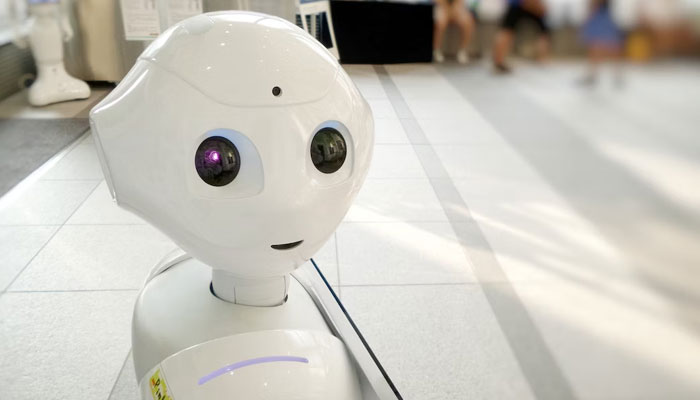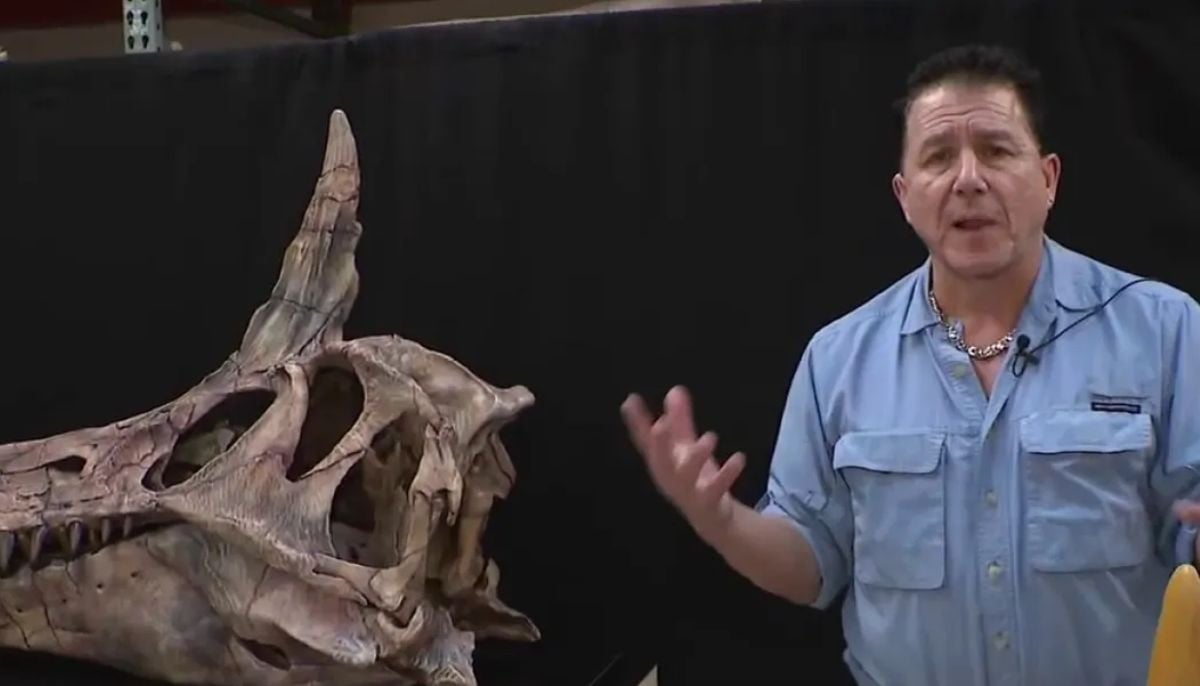Thousands lost their jobs in a month due to AI: report
Outplacement firm says 3,900 layoffs were reported in the month of May
Questions about the impact of technology on jobs are rising as AI becomes a big topic and more AI-powered solutions become available
A study suggests that since May, thousands of individuals may have lost their jobs as a result of artificial intelligence (AI).
Challenger, Gray & Christmas, an outplacement firm, said in its monthly research report that 3,900 layoffs, around 4.9% of May's employment losses, were attributed by US companies to AI.
In May, US companies said over 80,000 jobs would be eliminated, which brought the total number of job cuts announced by US employers since the start of 2023 to about 417,500, reported Fox News.
Furthermore, the company explained that the majority of layoffs in May were caused by company closures.
The number of job losses between January and May was the greatest since 2020 due to economic conditions, bringing the total number to 206,300.
As the field of AI becomes increasingly hot and more AI-powered tools become available, questions arise about how the technology will affect jobs.
Earlier in the year, a Goldman Sachs report suggested that AI automation may be used for two-thirds of US positions, with most jobs and industries being partially exposed to it.
However, the report suggests that AI can complement existing jobs and create new ones as it becomes more widespread.
Separately, the World Economic Forum recently found that 50% of companies foresee AI creating "job growth" and 25% think it will "create job losses."
-
Climate change vs Nature: Is world near a potential ecological tipping point?
-
125-million-year-old dinosaur with never-before-seen spikes stuns scientists in China
-
Scientists stunned as shark appears for first time in Antarctic Southern Ocean waters
-
New study suggests universe can end in ‘Big Crunch’ in 20bn years
-
Hidden Venus: New data discovers massive underground Lava Tube
-
‘Earth is defenseless against city-killer asteroids’: NASA issues stark warning
-
Annular solar eclipse 2026: Where and when to see the ‘Ring of fire’
-
Bright green comet C/2024 E1 nears closest approach before leaving solar system












